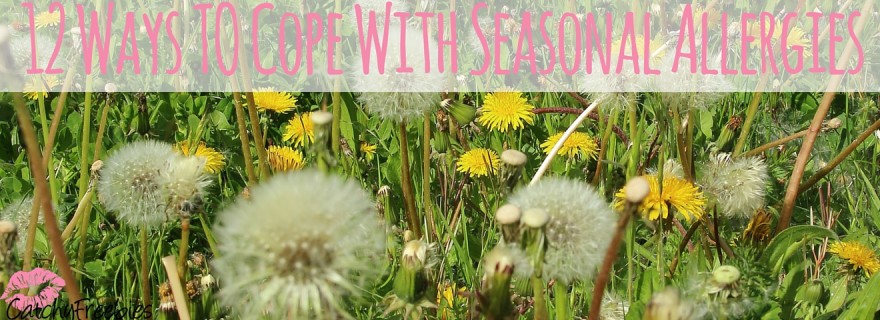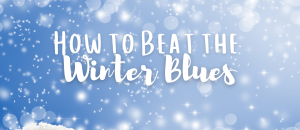
 Add to favorites
Add to favoritesIf you can’t stop sneezing, keep your eyes from itching, your throat from scratching, or your nose from running, you’re not alone. I know it won’t make you feel better to know that so many people are also suffering from seasonal allergies, but it does mean that there’s lots of information out there. That won’t make your allergies stop, but a little knowledge does go a long way, and the more you know, the more control you can have in making your symptoms more bearable. Here are 12 ways to cope with seasonal allergies:
- Reduce exposure to pollen. Check pollen counts and stay indoors when they’re high- usually highest between 10 AM and 4 PM. Exercise indoors and keep the windows closed and AC (with good filters) on. Remove your shoes and change your clothes when you come inside to get rid of the pollen that sticks to them. Don’t dry clothes on a clothesline outside- use a dryer indoors, and vacuum often.
- Use over-the-counter anti-histamines. You might have to try a few before you find the one that works best for you. Use eye drops to help itchy eyes, and always check with your doctor before trying new medications.
- Preempt symptoms. If you suffer from allergies every year, start taking medicine before the season starts. Take your allergy medicines before going outdoors so they’ll be working before you even feel the symptoms.
- Herbal remedies. None have been proven to help, but some people say they do get relief. Check with your doctor before using any herbal treatments because they can interact with other medications that you take.
- Don’t smoke. Smoking will aggravate allergy symptoms.
- Saline nasal spray. Spray cleans pollen from nasal membranes, making you less susceptible to allergy symptoms.
- Salt water gargle. Mix salt into warm water and gargle twice a day to soothe a scratchy throat.
- Probiotics. Probiotics boost the immune system and can help with allergies. Take an OTC supplement or eat yogurt.
- Vitamin C. Vitamin C prevents the formation of histamines, which cause those horrible allergy symptoms.
- Eat onions. Onions have a chemical that acts as a natural anti-histamine.
- Sunglasses. Wear sunglasses outside to protect your eyes from pollen.
- Omega-3. Eat foods that are rich in omega 3 fatty acids, like salmon, nuts, and avocado. Omega 3 reduces inflammation, which will help with allergies.



Like this post? Sign up for our email newsletter so you never miss a money-saving tip!







